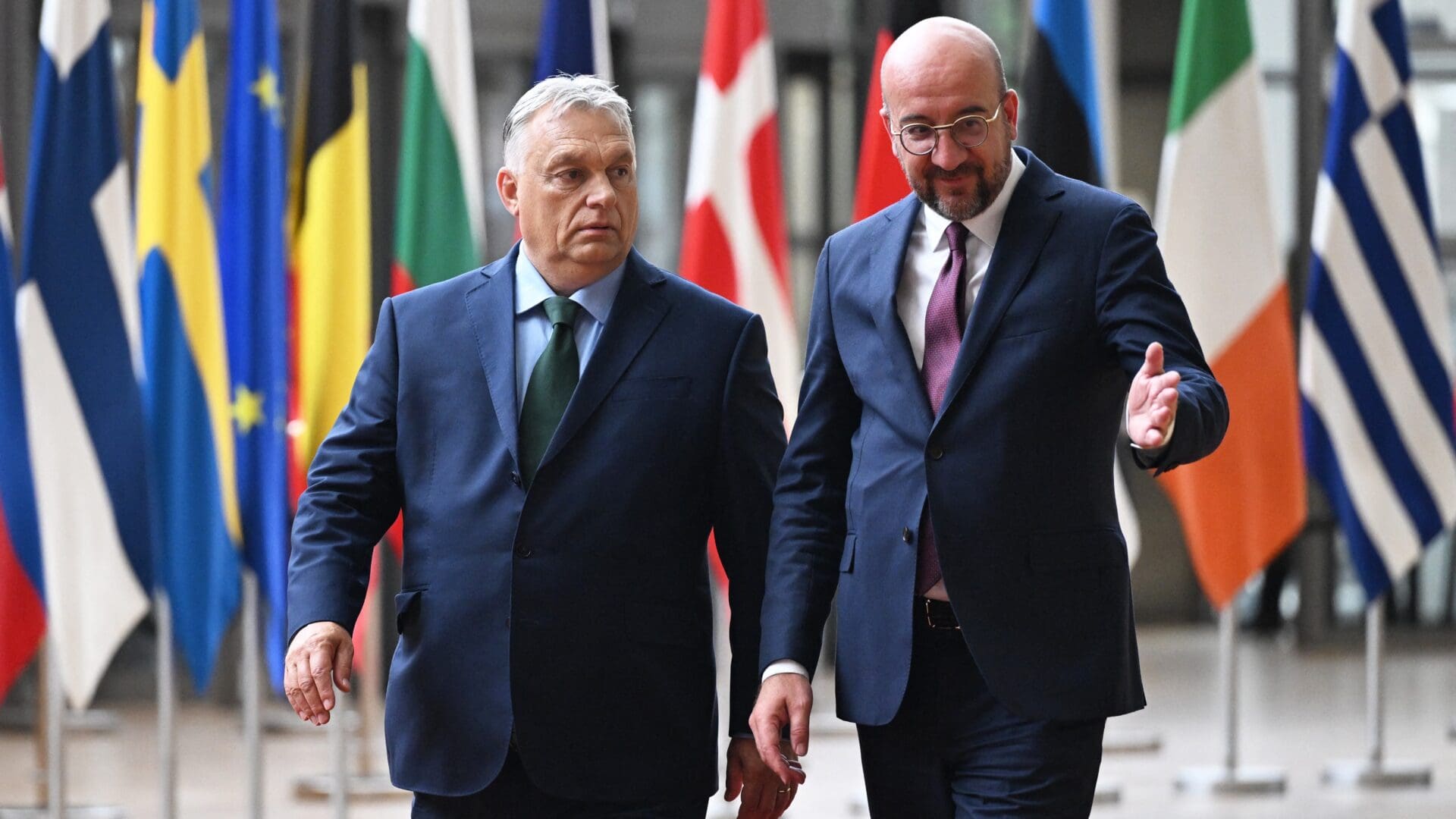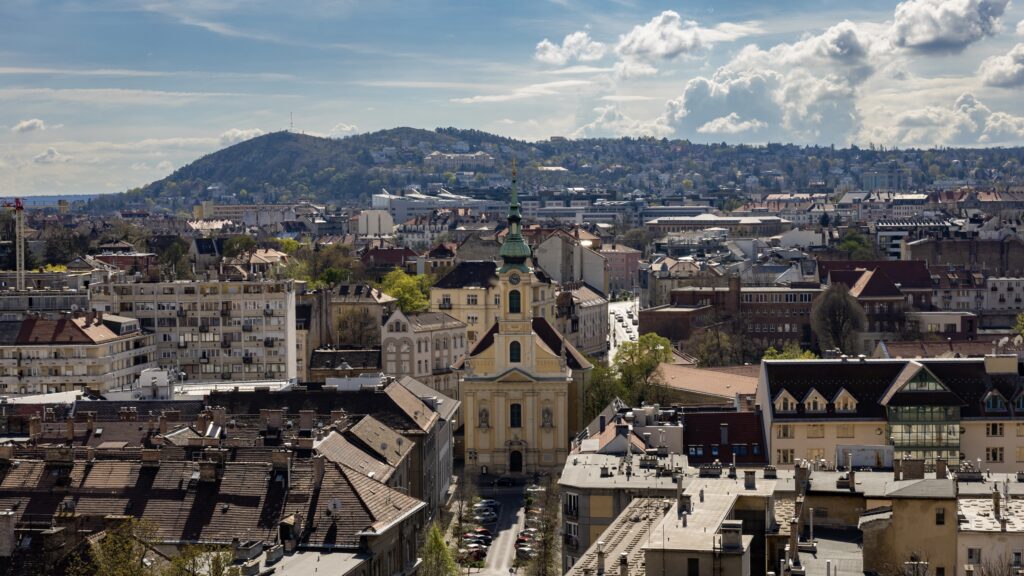The leadership of the European Union is concerned about the success of Hungary’s upcoming EU presidency, according to an analysis by the Center for Fundamental Rights released on Wednesday.
The analysis recalled that Hungary took over the rotating presidency of the Council of the European Union on 1 July, a position it will hold until the end of the year. The Center reminded that the journey to this point has been quite rocky, as globalists attempted to deny Hungary its rights guaranteed in EU treaties.
Although these efforts were unsuccessful, it is unlikely that such attempts will cease in the upcoming six months.
‘The Hungarian presidency has just begun, but every opportunity is being seized to obstruct it, as it offers the Hungarian government the chance to present its vision of an alternative Europe to the entire continent,’ the Center stressed.
‘A Europe that returns to normality, to the values of God, homeland, and family, and a union that works for fundamental values, prosperity, and peace, not serving foreign interests. A Europe where strong nation-states protect their citizens from threats, whether from war or migration. A Europe that becomes competitive again and an indispensable player in global politics,’ they summarized.
According to the Center for Fundamental Rights’s analysis, Brussels fears the Hungarian presidency and its potential success despite its limited actual power. Moreover, this period coincides with a time when EU bodies with new leaders are just being set up after the elections, so their operation is not business as usual in that sense.
The analysis stated that the Western political elite and media have consistently and deliberately lied about the Hungarian government and its political goals. The presidency now provides an opportunity for the truth to be heard and to highlight real problems affecting people’s everyday lives.
‘Hungary is therefore approaching this period with big plans and an ambitious programme, finally having the chance to showcase the vision of a conservative, sovereigntist Europe,’ they noted, emphasising that the start has been backed by very careful and thorough preparation, with the government holding around 250 meetings with member states, candidates, and EU institutions, an unprecedented effort in the history of presidencies.
The government plans to hold 1,500 working group meetings, 37 formal and 16 informal council meetings, and an additional 230 presidency programmes.
The analysis also underscored that
Prime Minister Viktor Orbán’s first trip after the start of the rotating presidency was to Kyiv, highlighting the importance of peace for Hungary.
‘Since the outbreak of the war, this was the first visit by a Hungarian prime minister to the Ukrainian capital, which has mainly been visited by war-supporting leaders, except for the Pope,’ they wrote. They stated that in the meeting between Viktor Orbán and Volodymyr Zelenskyy the situation of the Hungarian minority was also discussed, an issue that the Kyiv leadership has not satisfactorily resolved to date.
The Hungarian PM’s visit to Kyiv took the international press by surprise, as the liberal media has consistently and falsely portrayed Hungary’s stance as pro-Russian from the start, a claim that Viktor Orbán has now clearly disproved. ‘Hungary has always stood on the side of peace, not supporting any war faction from the outset,’ the Center for Fundamental Rights highlighted in the analysis.
According to the Center, Brussels is now attempting to obstruct the Hungarian presidency, as Ursula von der Leyen does not intend to visit Budapest for discussions with the rotating presidency government, breaking with a customary practice. Furthermore, citing time constraints, the Hungarian prime minister is not given the opportunity to present his programme at the inaugural plenary session of the European Parliament.
‘It is evident that Brussels is doing everything to disregard the will of Hungarian and European voters who envision a different future for Europe. The success of the Hungarian presidency and the emergence of the new right-wing European party family, the Patriots for Europe, is very bad news for them,’ the analysis concluded.
Related articles:








